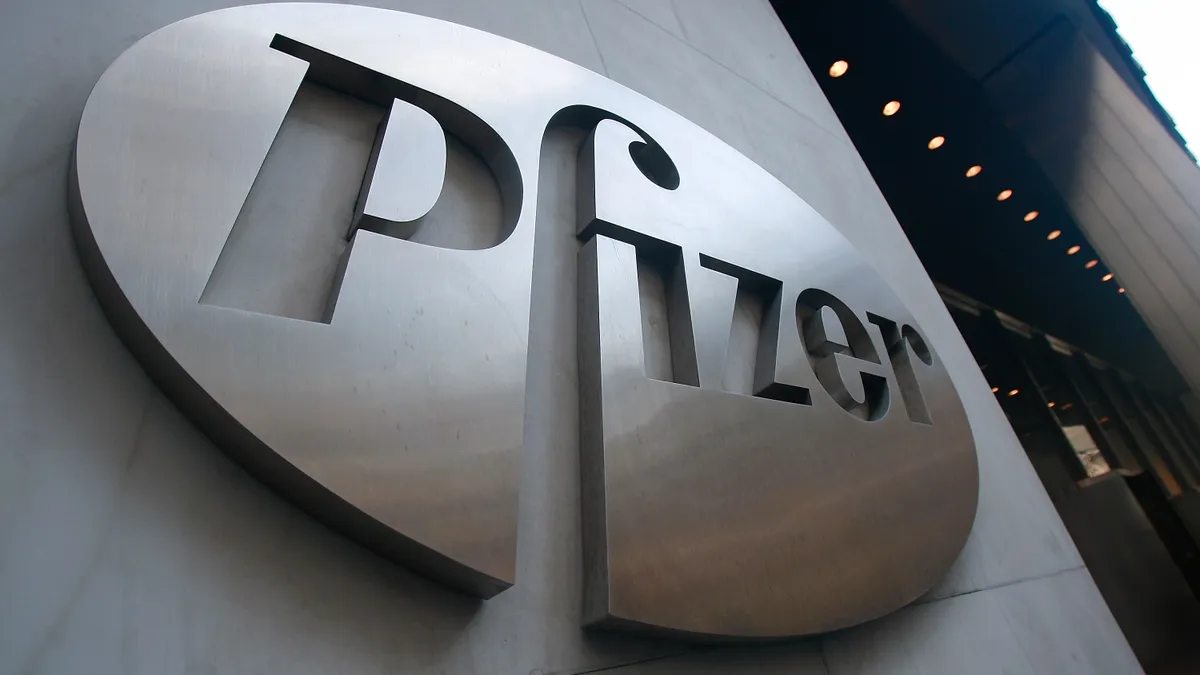Dive Brief:
- The 2nd U.S. Circuit Court of Appeals affirmed a lower court’s decision to reject an organization’s claim that Pfizer’s fellowship program unlawfully excluded White and Asian American applicants, in violation of state and federal laws.
- Per the plaintiff’s website, Do No Harm seeks to “[protect] healthcare from the disastrous consequences of identity politics.” The program in question, Pfizer’s Breakthrough fellowship, aims “to advance students and early career colleagues of Black/African American, Latino/Hispanic, and Native American descent,” according to court documents.
- Do No Harm’s claims were based on “two pseudonymous White or Asian-American members;” the members allegedly said they would apply if “they were not excluded from eligibility.” The claims were invalid because the plaintiff failed to identify a single person who was harmed by Pfizer’s fellowship parameters by name, the court concluded.
Dive Insight:
Claims of anti-White or anti-Asian sentiment through diversity, equity and inclusion initiatives aren’t uncommon. As recently as Jan. 16, a worker filed a complaint against a potential employer, citing anti-White sentiment as well as bias against her for expressing disdain for that employer’s DEI policy.
Notably, Nasdaq’s board diversity rule remains embattled, with the 5th U.S. Circuit Court of Appeals recently announcing that it will rehear arguments against it. The rule requires listed companies to have at least one director who self-identifies as female and one who self-identifies as Black or African American, Hispanic or Latinx, Asian, Native American or Alaskan Native, Native Hawaiian or Pacific Islander, two or more races or ethnicities or as LGBTQ+.
Legal scrutiny of DEI initiatives has become increasingly popular in recent months.Texas Gov. Greg Abbott banned such initiatives in state institutions in February 2023. Then, in June of that year, the U.S. Supreme Court ruled that racially-conscious admissions programs at colleges were unconstitutional, which has had DEI practitioners in private industry taking a second look at their programs, as well, questioning how they can champion DEI without running afoul of the law.
Conversely, legal experts noted that SCOTUS’ recent hearing of oral arguments — for a case that could redefine whether, under Title VII of the Civil Rights Act, “tangible harm” needs to be proven for discrimination charges — could change the scope of these conversations.
“Some legal experts argue that a broad ruling favoring the employee will open the door to more discrimination challenges that were otherwise barred due to the significant hurdle presented by the tangible harm standard,” attorneys Holly Williamson and Verónica A. Ucros wrote in an HR Dive op-ed.
Williamson, a partner at Hunton Andrews Kurth, and Ucros, an associate at the firm, recommended that HR departments review their DEI initiatives to ensure they comply with Title VII.
At an Economic Club of New York event in February, former Attorney General Eric Holder said that employers should focus on data-driven DEI — and making the business case therein.













